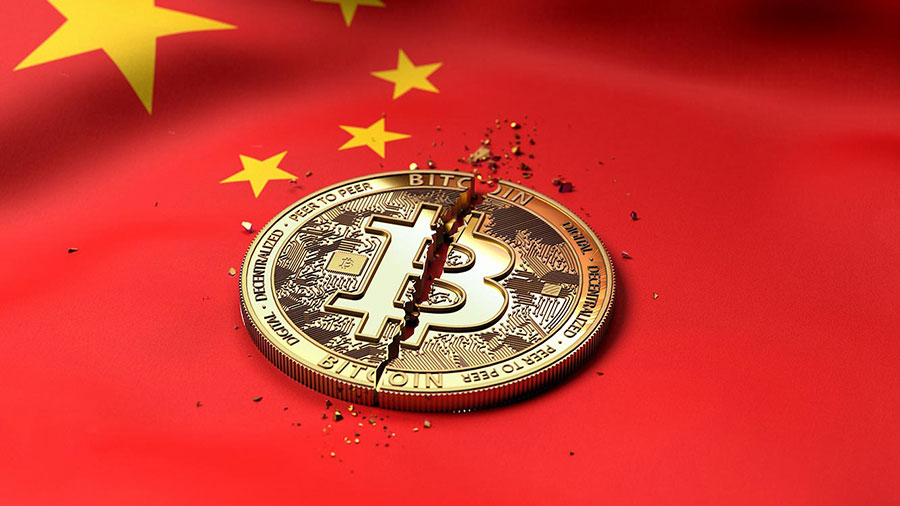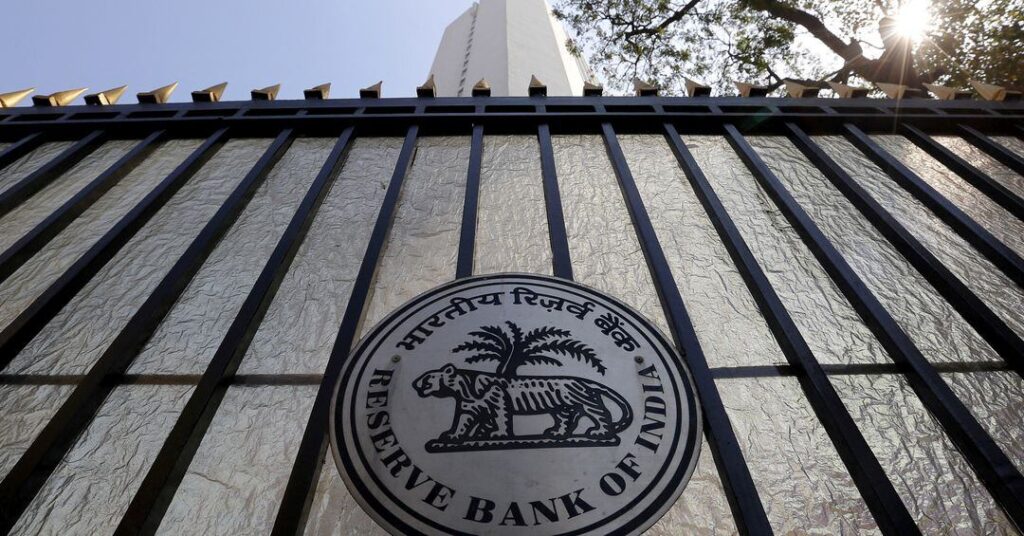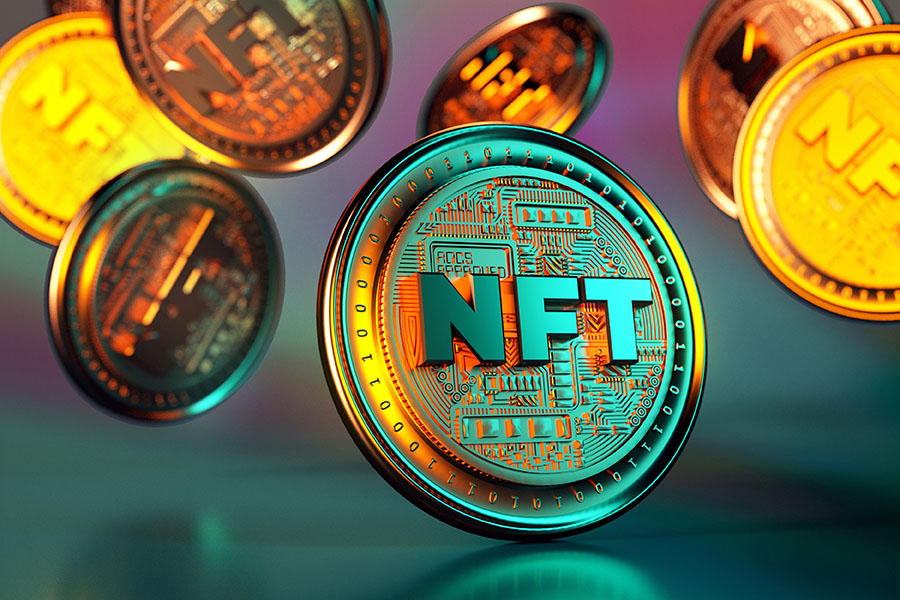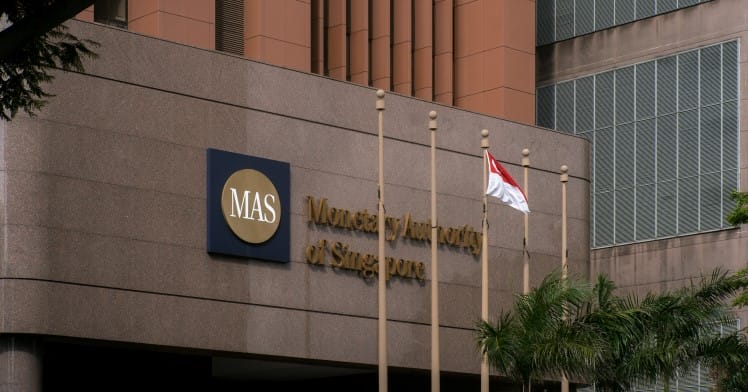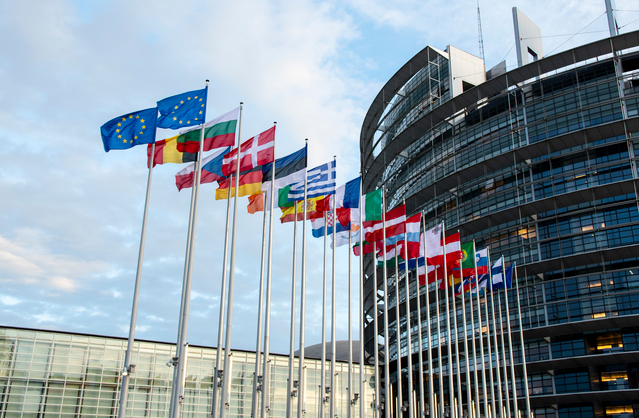China’s Beijing government has recently unveiled plans to tighten regulations surrounding cryptocurrency mining activities in the city. The move is part of the government’s broader efforts to strengthen oversight and compliance within the digital currency industry.
In an announcement, Beijing officials confirmed their commitment to crack down on cryptocurrency-related mining operations, in accordance with existing laws and regulations. By actively monitoring and analyzing these activities, the city aims to eliminate virtual currency mining entirely.
This initiative will be carried out by various departments responsible for implementation, including the Municipal Development and Reform Commission, the Municipal Network Information Office, and the Municipal Economic and Information Technology Bureau. Each department will fulfill its responsibilities to enforce these measures effectively.
It’s crucial to note that cryptocurrency use is currently banned in China, which means that cryptocurrency mining is also deemed illegal. However, despite the ban, there is still a considerable interest in cryptocurrencies among the Chinese people, leading them to explore alternative methods to acquire crypto assets.
The Beijing government’s emphasis on monitoring, analyzing, and remediating cryptocurrency mining activities aligns with its broader goal of ensuring compliance with national requirements. By strictly enforcing these regulations, the authorities are determined to cleanse the city’s virtual currency mining landscape and adhere to the established laws and regulations.
As the Chinese government continues to exert control over the crypto industry, these measures highlight its ongoing commitment to various aspects of oversight and compliance. By implementing stricter regulations, Beijing aims to create a more transparent and regulated environment while discouraging unauthorized cryptocurrency mining activities.
It will be interesting to see how these intensified efforts impact the cryptocurrency landscape in Beijing and whether other regions in China will follow suit in bolstering regulatory measures.

